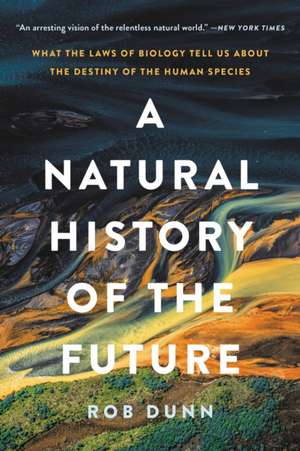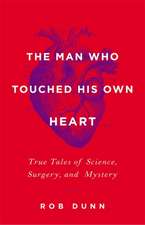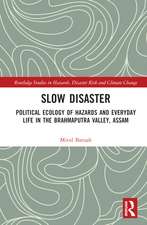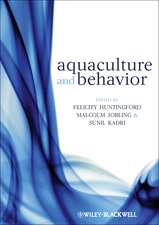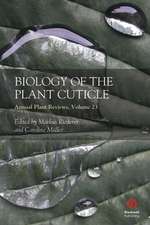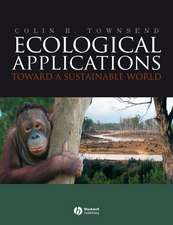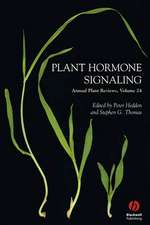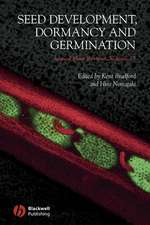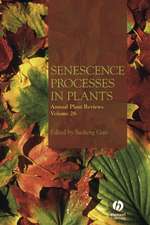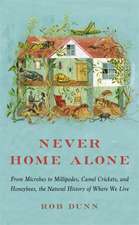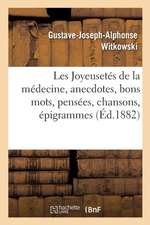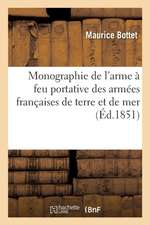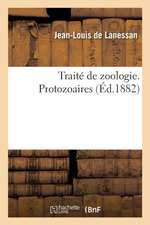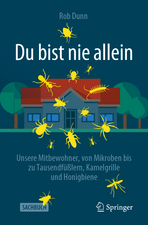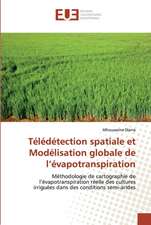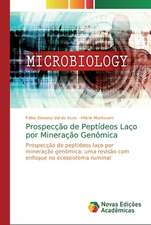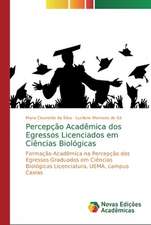A Natural History of the Future
Autor Rob Dunnen Limba Engleză Paperback – noi 2022
A Natural History of the Future sets a new standard for understanding the diversity and destiny of life itself.
| Toate formatele și edițiile | Preț | Express |
|---|---|---|
| Paperback (3) | 61.73 lei 3-5 săpt. | +29.46 lei 6-12 zile |
| HODDER AND STOUGHTON LTD – 2 feb 2023 | 61.73 lei 3-5 săpt. | +29.46 lei 6-12 zile |
| HODDER AND STOUGHTON LTD – 20 ian 2022 | 82.75 lei 3-5 săpt. | +41.90 lei 6-12 zile |
| BASIC BOOKS – noi 2022 | 103.48 lei 3-5 săpt. | |
| Hardback (1) | 120.63 lei 3-5 săpt. | +71.76 lei 6-12 zile |
| John Murray Press – 20 ian 2022 | 120.63 lei 3-5 săpt. | +71.76 lei 6-12 zile |
Preț: 103.48 lei
Nou
19.80€ • 20.82$ • 16.36£
Carte disponibilă
Livrare economică 27 martie-10 aprilie
Specificații
ISBN-10: 1541603125
Pagini: 320
Dimensiuni: 138 x 207 x 24 mm
Greutate: 0.3 kg
Editura: BASIC BOOKS
Notă biografică
Rob Dunn is an ecologist and evolutionary biologist, focusing on the biodiversity of humans. He is a professor in the Department of Applied Ecology at North Carolina State University and in the Center for Evolutionary Hologenomics at the University of Copenhagen. The author of seven books including Never Home Alone (Basic 2018), he also writes for National Geographic, Natural History, Scientific American, BBC Wildlife, and Seed magazine. He lives in Raleigh, North Carolina.
Descriere
Over the past century, our species has made unprecedented technological innovations with which we have sought to control nature. From river levees to enormous one-crop fields, we continue to try to reshape nature for our purposes - so much so it seems we may be in danger of destroying it. In A Natural History of the Future, biologist Rob Dunn argues that nothing could be further from the truth: rather than asking whether nature will survive us, better to ask whether we will survive nature.
Despite our best - or worst - efforts to control the biological world, life has its own rules, and no amount of human tampering can rewrite them. Elucidating several fundamental laws of ecology, evolution, and biogeography, Dunn shows why life cannot be stopped. We sequester our crops on monocultured fields, only to find new life emerging to attack them.
We dump toxic waste only to find microbes to colonize it. And even in the London Tube, we have seen a new species of mosquito emerge to take advantage of an apparently inhospitable habitat. Life will not be repressed by our best-laid plans.
Instead, Dunn shows us a vision of the biological future and the challenges the next generations could face. A Natural History of the Future sets a new standard for understanding the diversity of life and our future as a species.
